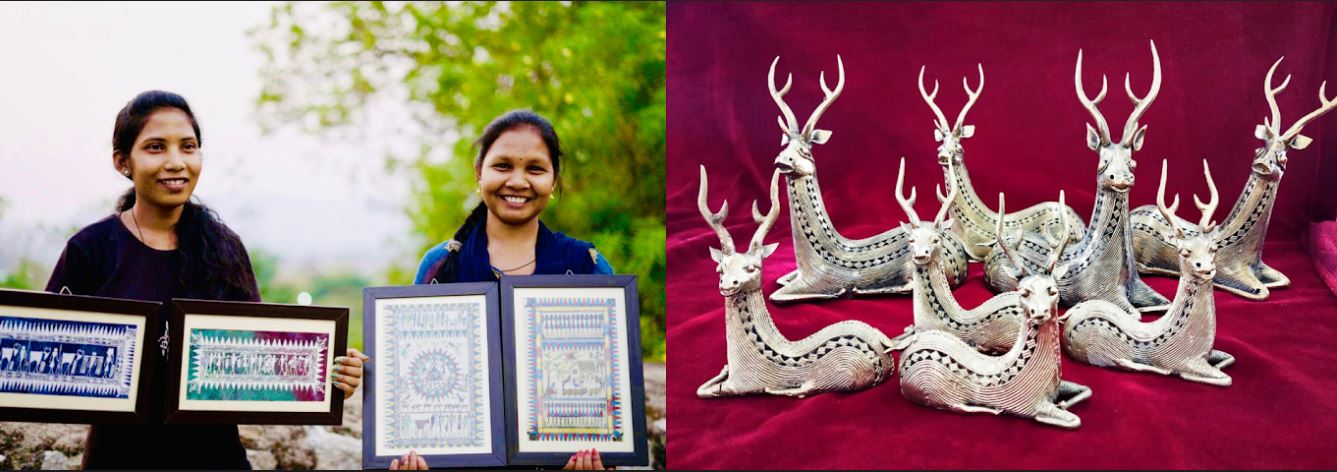
Bengaluru/India – 21 April 2023: ELGi (BSE: 522074 NSE: ELGIEQUIP), one of the world’s leading air compressor manufacturers, today unveiled, at Hannover Messe, its portfolio of oil-free, oil-lubricated compressors, and accessories designed to address European customers’ needs for low life cycle cost compressed air solutions. On display at the ELGi stand D31 in Hall 4 were ELGi’s oil-free screw air compressor with an integrated heat recovery system and the improved efficiency oil-lubricated screw compressor with a new permanent magnet synchronous motor. ELGi’s first two-stage oil-lubricated screw air compressor enabling the industry-leading low total cost of ownership and increased reliability, also premiered at the show.
“Today, our portfolio on display at Hannover Messe reaffirms our commitment to playing a leading role in responding to customers’ needs for a step-change in energy efficiency. In the journey towards sustainability and net zero operations, customer requirements are evolving from lower energy consumption to thorough life cycle cost assessments. While air compressors consume approximately 10% of Europe’s overall industrial electrical energy demand, over 70% of a compressor’s lifecycle costs are made up by the energy used during operations.” said Dr. Jairam Varadaraj, Managing Director, Elgi Equipments, while speaking at the tradeshow. “For over 60 years, we have been committed to developing compressed air solutions that contribute to driving down the total cost of ownership with class-leading energy efficiency, process improvements, new products, and processes. Moreover, our compressed air experts put the customer at the core of every decision and activity, ensuring an #alwaysbetter customer experience over the entire life of their ELGi compressors.”
Chris Ringlstetter, President ELGi Compressors Europe, commented, “We remain committed to partnering with our European customers as they face an incessant rise in energy costs, regulatory and value chain demands for lower emissions, and the continued need to improve operational costs and more importantly, energy efficiency. Today ELGi’s compressed air solutions deliver class-leading energy efficiency to our European customers across various industrial verticals. Our people and channel partners, with their expertise, experience, and distribution, ensure our customers have complete peace of mind with their production operations. Significant process improvements have resulted in enhanced reliability of products and industry-leading customer warranties for our customers. And our relentless focus on technology and IoT has resulted in digitized, compressed air systems that provide our customers with the tangible cost of ownership benefits. We’re just getting started, and how!”
For over 60 years, ELGi’s pioneering products and compressed air solutions have served various applications across industries ranging from manufacturing, food & beverage, construction, pharmaceuticals, and textiles in over 120+ countries. Powering a 400+ product-strong portfolio, ELGi’s state-of-the-art global manufacturing facilities, spanning three continents, are committed to carbon neutrality, water conservation, and circular waste management.
